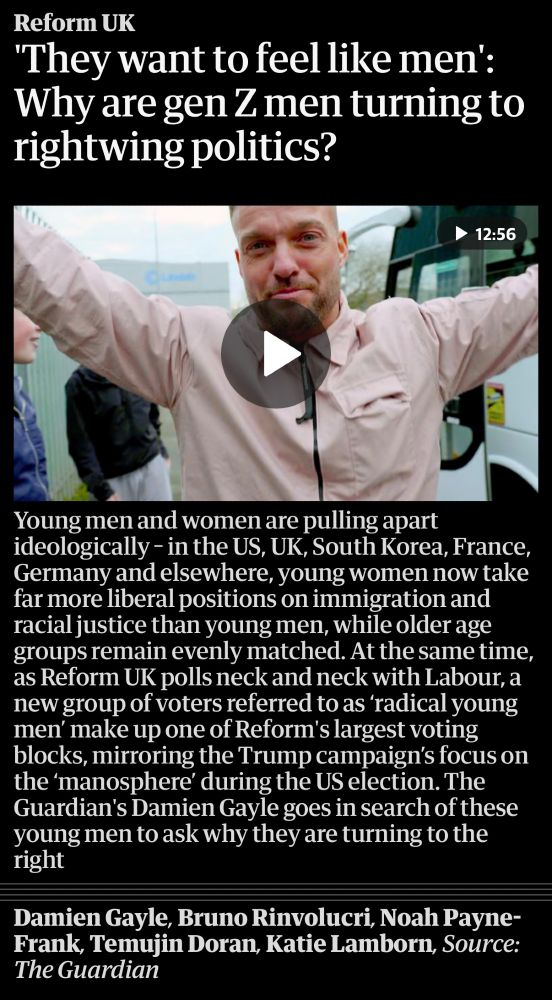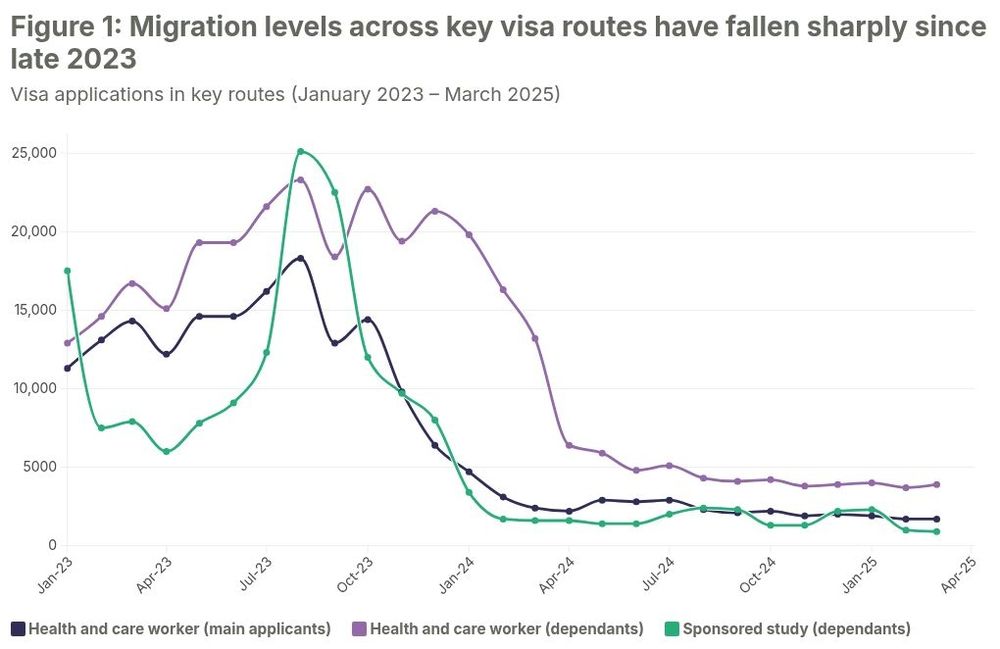Felix Grünewald
@felixgruenewald.bsky.social
290 followers
180 following
28 posts
phd @TUChemnitz
felixgruenewald.net
Posts
Media
Videos
Starter Packs
Pinned
Reposted by Felix Grünewald
Reposted by Felix Grünewald
Reposted by Felix Grünewald
Reposted by Felix Grünewald
Reposted by Felix Grünewald
Jane H
@themothershipau.bsky.social
· May 2
Reposted by Felix Grünewald
Reposted by Felix Grünewald














